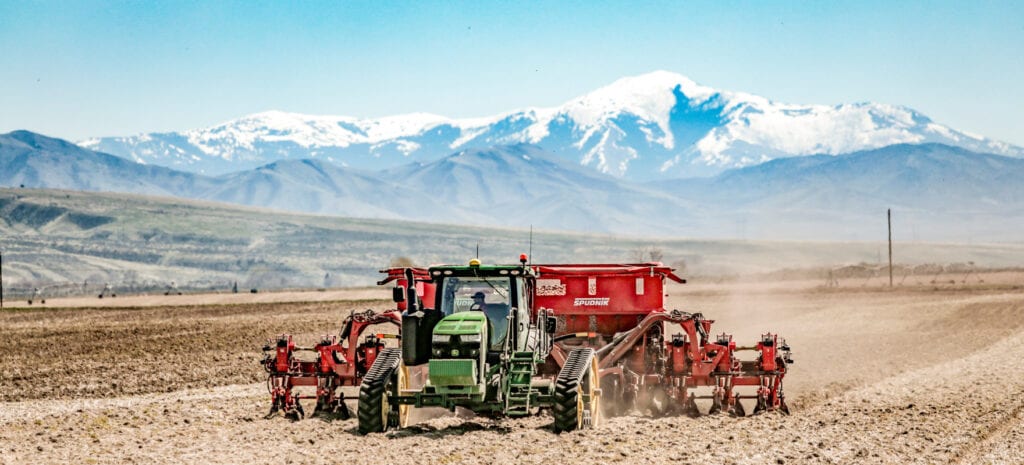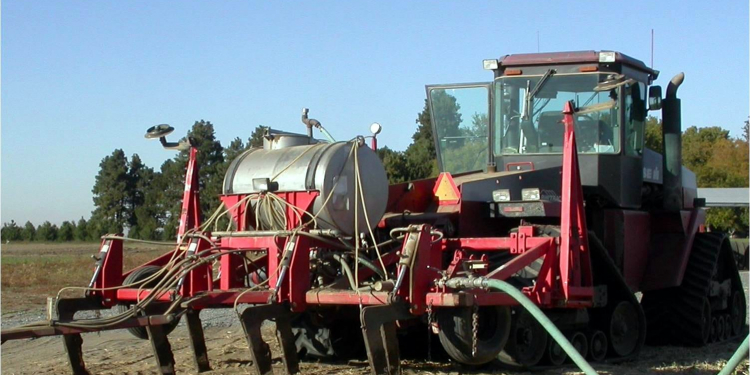BOISE, Idaho (AP) — U.S. officials have released a new plan involving methods to deal with a microscopic pest in southeastern Idaho that threatens the state’s billion-dollar industry that supplies a third of the nation’s potatoes.
The U.S. Department of Agriculture late last week released the final rule that takes effect at the end of January. It sets out years-long criteria for killing off the pests and reopening quarantined fields to production.
The new rule follows a 2018 court decision in a lawsuit filed by potato farmers that found the U.S. government illegally quarantined some Idaho potato fields infested with the pale cyst nematode first discovered in 2006. Farmers with quarantined fields aren’t allowed to sell potatoes grown in them.

Nematodes feed on potato roots and can reduce crop production by 80%. When the pests were first discovered, Canada, Mexico and Korea would not accept Idaho potatoes, and Japan banned all U.S. potatoes. The countries ultimately lifted their bans, the latest coming late in 2017 when Japan opened its market again.
U.S. District Judge Edward Lodge in his 2018 decision ruled that the federal government rolled out the quarantine and other restrictions without sufficient public input. But he left the quarantines in place. He said it was bad to violate laws on public input, but lifting the quarantines could lead to bans on Idaho potatoes and U.S. potatoes shipped overseas.
Specifically, Lodge’s order made the rules temporary until U.S. officials redid the process. The final rule announced last week marks the end of a two-year process that included public comments. The new rules also allow for additional public comments on proposed future changes.
Bryan Searle participated in public comments leading up to the new rule, noting that his farming operation had been “negatively impacted from the first discovery.” He expressed frustration with the quarantine process, writing that windstorms and animals could spread the nematode.
“The claim it is confined to a small area and can be eradicated I believe to be a false statement and will prove itself over time,” he wrote in July.
Stephanie Mickelsen of Mickelsen Farms for Idaho , which has also faced restrictions due to the nematodes, also commented along similar lines.

“Regarding PCN regulations, sound science has been ignored; instead, the emphasis has been to appease trading partners,” she wrote in July.
Nematodes are turning out to be difficult to eradicate.








